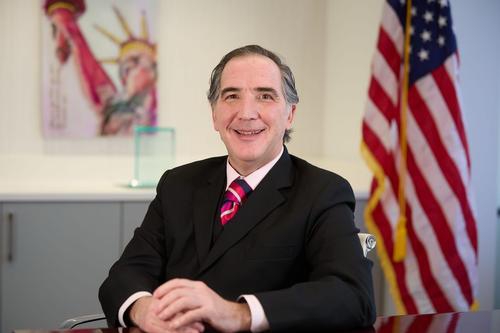Chapter 7 bankruptcy, also known as “straight” or “liquidation” bankruptcy includes the cancellation of most (or all) of your debts and possible liquidation of your property. Working with your attorney and a bankruptcy trustee, your specific debts are reviewed and a plan set in place.
Eligibility for Chapter 7
Eligibility for filing a chapter 7 bankruptcy is determined by several factors. It is important to remember that filing a chapter 7 bankruptcy petition can be a complicated process that involves many steps. Understanding the basics of chapter 7 bankruptcy will make your filing process more efficient. This page will provide you with the information you need in order to get started.
Cost & Timing
Chapter 7 bankruptcies typically take four to six months, cost $200-$400 in fees and require only one trip to the courthouse. Additionally, you will need to complete credit counseling with an approved agency.
Eligibility
If you have not received a bankruptcy discharge in the last six to eight years (depending on the type of bankruptcy) or if you could not complete a Chapter 13 repayment plan (based on income, expenses and debt), you may be eligible for Chapter 7.
Information Required
To file for Chapter 7 bankruptcy you will need to detail the following information:
- Property you own — Including “exempt property” that the law allows you to keep such as clothing and furnishings, your car and tools required for employment
- Current income
- Monthly living expenses
- Debts
- Property owned in the previous two years
- Property sold or given away in the previous two years
- Money spent during the previous two years
Automatic Stay
When your bankruptcy is filed, an automatic stay (“Order for Relief”) immediately stops most creditors from attempting to collect your debt to them. During the bankruptcy process, creditors cannot garnish your wages, empty your bank account, repossess your car, house, or other property, turn off your utility service or stop welfare benefits.
Control Over Your Financial Affairs
When you file for Chapter 7 bankruptcy, you place control of your property and debts in the hands of the bankruptcy court and you will not be able to sell/give away any property or pay off any pre-filing debts without the court’s consent. However after your bankruptcy is complete you will have control over any property you acquire and income you earn.
Trustee
A court-appointed trustee is responsible for ensuring that your creditors are paid and earns payment paid based on the amount recovered for creditors. The trustee reviews your paperwork to identify property to sell and the prior year’s financial transactions in order to determine assets to distribute to your creditors.
Creditors Meeting
Within a few weeks of filing, you and the creditors listed in your bankruptcy papers will receive notice for a “creditors meeting.” The trustee runs the meeting and may ask you questions about your bankruptcy and paperwork. This meeting is typically the debtor’s only visit to the courthouse.
Nonexempt Property
After the creditors meeting, if the trustee has determined that you have some nonexempt property, you may be required to surrender that property or provide the equivalent value in cash. If the property has low value or would be difficult to sell, the trustee may allow you to keep the property even though it is nonexempt.
Secured Debts
Secured debt is property used as collateral for a loan, such as houses and automobiles. If you are current on your payments, you may be able to keep the property and continue payments unless the equity in the property can justify its sale. If your payments are behind, the creditor can request that the automatic stay be lifted in order to repossess or foreclose on the property. A lien on your property may be discharged because it is considered a secured debt.
Chapter 7 Bankruptcy Discharge
When your bankruptcy process is complete, all of your debts are discharged (wiped out) by the court, except:
- debts that are exempt from bankruptcy – typically child support, most tax debts, and student loans;
- debts that the court declared nondischargeable because of an objection from the creditor (debts incurred by your fraud or malicious acts).
Are You Considering Filing For Bankruptcy?
If you feel bankruptcy is the best option for your financial situation you need to speak with an experienced bankruptcy lawyer as soon as possible. Please contact us online or call our Vienna, Virgnia office directly at 703.991.7978 or our Rockville, Maryland office at 301.637.5392 to schedule your case consultation.

